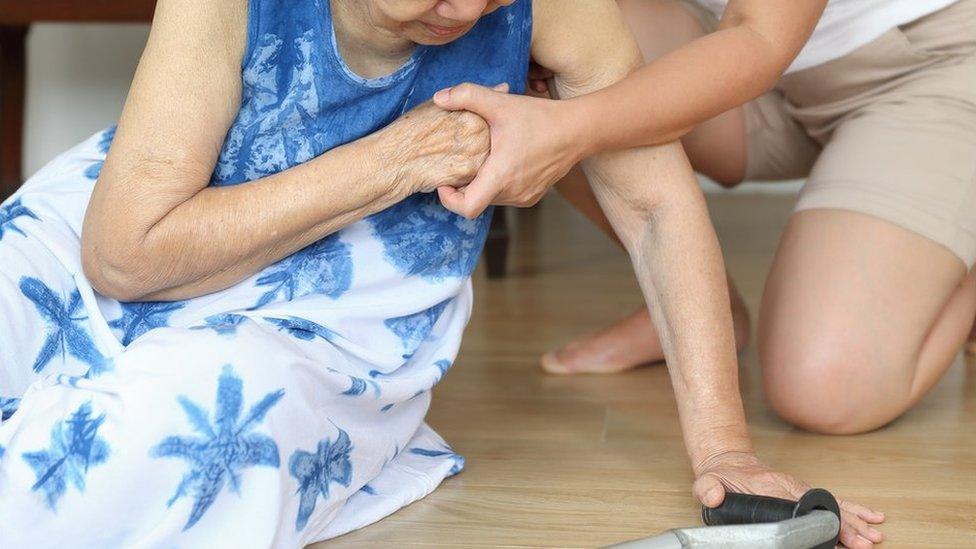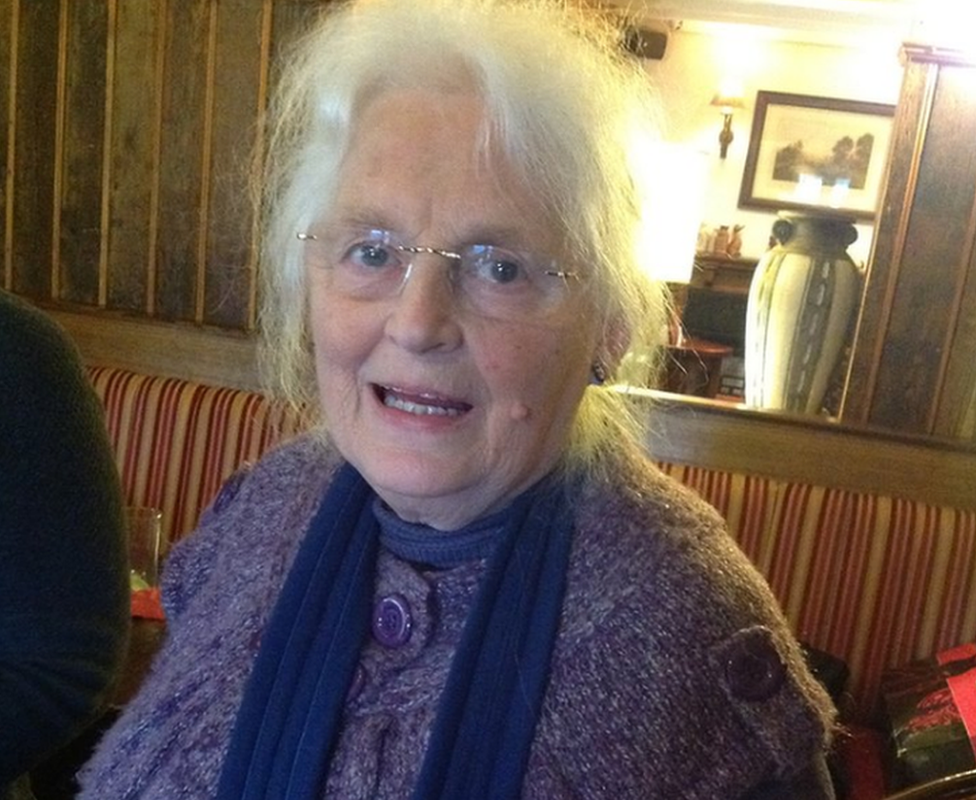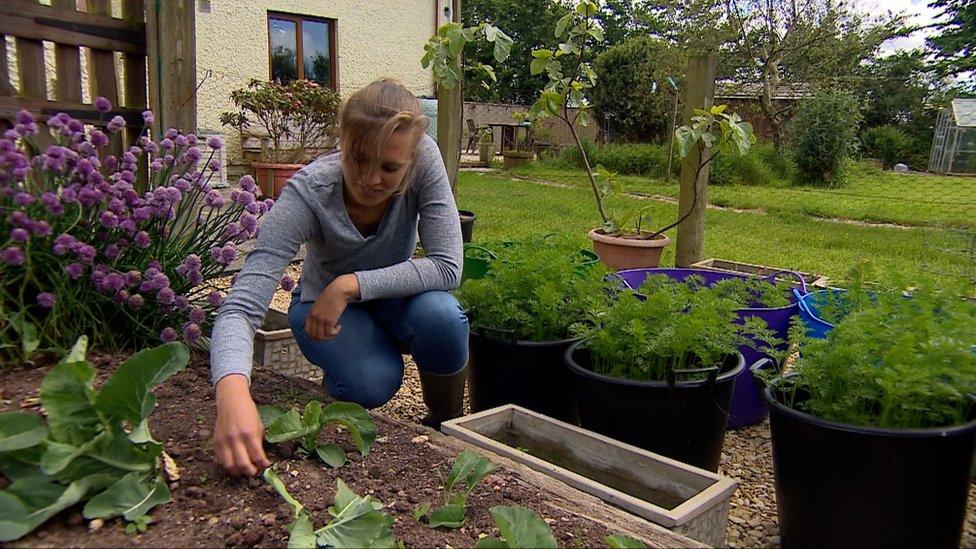Too much variation' in treatment of fall victims
- Published

There is too much variation across Wales in the treatment of older people who have fallen or are at risk, the health watchdog has said.
Healthcare Inspectorate Wales (HIW) said a lack of communication and co-ordination between services could stop people getting the best care.
It recommended more money be spent on prevention, such as checking the carpet on peoples' stairs and fitness classes.
Llinos Dafis, 78, said the falls clinic she attends gave her confidence.
Falls are the most common reason across the UK for people calling an ambulance - one in three people over 65 are likely to suffer a fall in the next 12 months, rising to one in two for over-80s.
It is also thought many falls go unreported.
HIW's recommendations included more staff training in the health service so people can make proper assessments about the risk of falls, as well how to manage them when they happen.

Llinos Dafis, who broke her arm in 2014, said classes gave her confidence when she came "face to face with gravity"

Ms Dafis, who has attended a falls clinic in Borth, Ceredigion, for five years, said: "When I broke my arm twice in nine months, my physiotherapist referred me to the clinic.
"I've strengthened the muscles in the legs that stop you from falling when you trip, as well as learning the tactics and techniques to get back up if you do fall.
"It might sound odd but it's made me think more about the way I walk, the way my muscles work when I move. I'm prone to tripping over things so now I lift the front of my feet more."
HIW found there needed to be a culture shift so what the patient wanted was put first and said communication between all involved - including families and health professionals such as pharmacists - would lead to better quality of life for older people.
The organisation's director of strategy and engagement, Stuart Fitzgerald, said: "We found examples of excellent practice, but too often care varies between different areas and a lack of coordination and communication between health, social care and voluntary services can be a barrier to delivering the best quality care."
- Published20 August 2019

- Published12 June 2019

- Published11 September 2019
